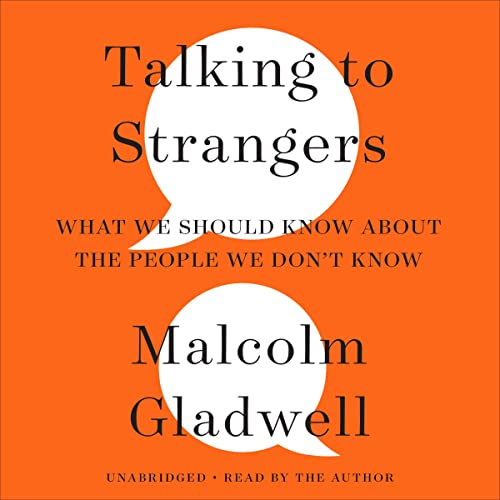sales hiring tools
-
Can Malcom Gladwell Explain the Sales Hiring Problem?
- January 4, 2023
- Posted by: Dave Kurlan
- Category: Understanding the Sales Force

For the sales leaders who claim they trust their gut, this book and its many examples demonstrates that there is no such thing as accurate gut instinct. Like a coin flip, you’ll be right half the time. So what can companies do to improve on these odds? Assessments.
Consider these statistics from several sources:
-
How Gas Grills, Gardening, Masks, and Baseball Mimic Your Sales Team
- May 3, 2021
- Posted by: Dave Kurlan
- Category: Understanding the Sales Force

My project corresponds so well with how many executives approach their sales teams.
They do nothing for years, and then, after growing frustrated with complacency and inability to grow revenue, finally decide to make changes and rebuild their sales teams.
-
The Best Solutions for Hiring Great Salespeople for Your Company
- August 28, 2020
- Posted by: Dave Kurlan
- Category: Understanding the Sales Force

These are all examples of inappropriate solutions to the simple question, “What is the best way to get there from here?”
How about the simple question, “What is the best way to assure that the salespeople I am about to hire will succeed in the chosen role?”
-
Using the Power of a Duracell to Help You Hire Perfect Salespeople
- April 25, 2019
- Posted by: Dave Kurlan
- Category: Understanding the Sales Force

Apparently, Duracell 9 volt batteries are the picture of consistency.
Last night, all 7 of our upstairs smoke detecters starting squawking within about 30 minutes of each other to indicate that their batteries needed to be replaced. Given that the Duracells were installed in those units on the same day 4 years ago, one would hope that there are more things that we could rely upon to be as consistent and predictable.
One of those things is Objective Management Group’s sales candidate assessments.
-
The Craziest, Most Unusual Sales Selection Criteria and What Really Works
- August 9, 2016
- Posted by: Dave Kurlan
- Category: Understanding the Sales Force

It was just last month that I wrote this hugely popular article about the tech buyer who hated salespeople. In the first paragraph I mentioned that I had a crazy case of poison ivy. At about the one-week point, I started searching Google to find anything that might help ease the itching and discomfort. As you might guess, the remedies I found included some very crazy things that common sense would tell you to stay away from. Well, in the 31 years I’ve been in the sales consulting business, I have heard some very crazy sales selection criteria too. When salespeople are hired but don’t work out, executives and in some cases, entire industries, stick their head in the sand and call it normal or acceptable. Life insurance, where turnover can run as high as 90%, is a perfect example of this. Insurance industry executives say that it’s perfectly normal. However, outside of the insurance industry, most executives will try just about any remedy to stop the discomfort. Here are some of the craziest I’ve seen.
-
Not the 3 Most Important Sales Hiring Attributes
- October 24, 2014
- Posted by: Dave Kurlan
- Category: Understanding the Sales Force

One topic that never gets stale is how to make sure that you nail sales selection. Whether or not salespeople actually fail, or they simply stick around, but fail to have an impact, the common theme is still failure to select the right salespeople. Recently, I stumbled upon this article about 3 Uncoachable Sales Attributes that you should focus on to get hiring right.
-
Case History – Read the Latest Sales Assessment to Come to Life
- February 10, 2011
- Posted by: Dave Kurlan
- Category: Understanding the Sales Force
The lesson here is that you don’t want people like this working for you! It doesn’t matter that they can hunt. They will blow up every prospect who they think could be rejecting them!

